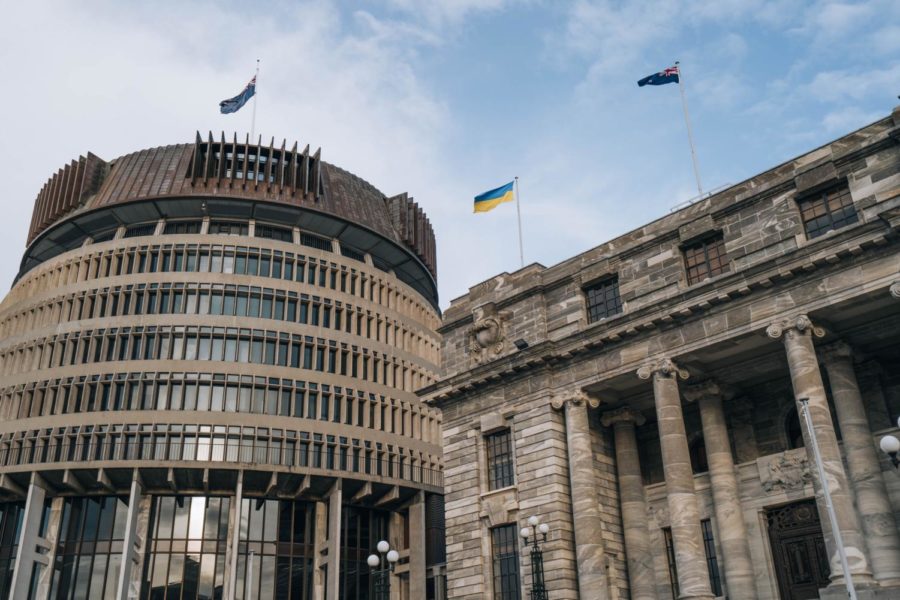Jessica Ardern Resigns as New Zealand’s Prime Minister
February 13, 2023
New Zealand’s Prime Minister, Jacinda Ardern, officially resigned from the position on January 18, 2023. In 2017, at the age of 37, she gained the title of New Zealand’s Prime Minister, becoming the world’s youngest female head of government in the world. She was re-elected for a successive 3-year term in 2020, however, her second term was cut short with her resignation. Although her time as prime minister will end no later than February 7, she will remain a member of parliament until this year’s election.
As a member of the dominant Labour Party, she advocated for various policies that aligned with center-left ideologies. Throughout her years as Prime Minister, she expanded gun control following a mass shooting in two mosques, advocated for reform for social and racial justice, elevated the status for female leaders, managed the coronavirus pandemic, handled the White Island volcano eruption, and even gave birth while in office. She provoked a phenomenon known as “Jacindamania” due to her overt feminism and emphasis on a “politics of kindness,” which many viewed as a significant contrast to pompous male politicians. Additionally, her government was the most diverse in New Zealand’s history, and just last year, New Zealand became the first advanced industrial democracy to have a legislature with a majority of female members.
At the Labour Party’s first Caucus meeting of the year, Ardern said, “I know what this job takes, and I know that I no longer have enough in the tank to do it justice. It is that simple…I am human, politicians are human. We give all that we can for as long as we can. And then it’s time. And for me, it’s time” (The Guardian).
Speculation has arisen as political figures are claiming that abuse and threats directed towards Ardern provoked her to step down. Criticism escalated during the pandemic as she received multiple misogynistic comments and abuse. Early in 2022, protestors occupied the lawns of Parliament for multiple weeks, which quickly turned violent as demonstrators demanded the execution of the prime minister. The typically accessible parliament of New Zealand tightened security measures in response to the protests and the rise in threats and insults directed at the prime minister and other MPs. Additionally, many men have been arrested, warned, or subject to criminal charges following their threats of assassinating Ardern.
Former prime minister, Helen Clark, said that Ardern had faced unforeseen attacks during her time in office: “The pressures on prime ministers are always great, but in this era of social media, clickbait, and 24/7 media cycles, Jacinda has faced a level of hatred and vitriol which in my experience is unprecedented in our country” (The Guardian).
Ardern’s successor is Chris Hipkins, a member of the Labour Party as well.



